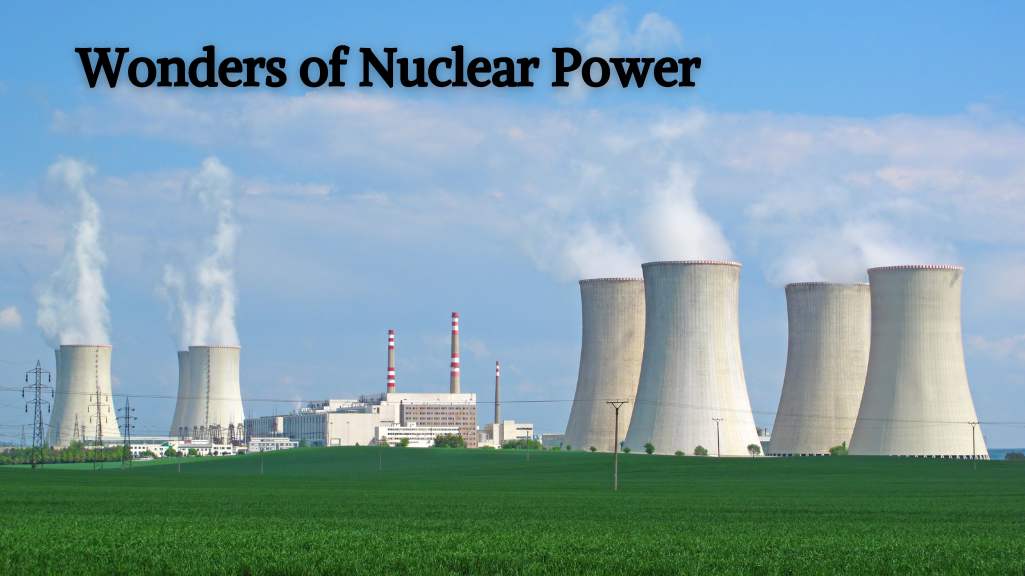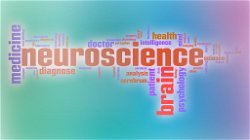The Wonders of Nuclear Power
James Bond
. 2 min read
The core of every atom contains a store of energy known as nuclear energy. In this context, an atom is a very small particle that makes up every piece of matter in the universe. The majority of an atom's mass is typically found in the nucleus, which is located at the center of the atom. The nucleus, consisting of neutrons and protons, is responsible for this mass. Developers, through their work and research, have contributed to understanding and harnessing the immense energy contained within atomic bonds.

Recent Breakthroughs in Nuclear-Powered Spacecraft and Reactor Technology
Small, light fission reactors have the potential to generate up to 10 kilowatts of electrical power and could do so for at least ten years. This means that nuclear fission could be used to generate surface power on both the moon and Mars. This amount of electricity is sufficient to supply power to a number of homes. By the late 2020s, NASA and the Department of Energy have a plan to design and test one of these systems on the moon, using low enriched uranium fuels. They plan to carry out this work in collaboration.
Radiation in Healthcare
X-rays of the patient's thyroid, heart, lungs, kidneys, and gallbladder were taken
The tracer is utilized in positron emission tomography (PET), which is a subfield of nuclear medicine, to demonstrate the natural activity of cells. This provides more specific information regarding how organs are functioning and whether or not there is damage to the cells. It is common practice to combine computed tomography (CT) scans or magnetic resonance imaging (MRI) scans.
Benefits
It gives information about the functioning of organs, tissues, and individual cells. (Other standard imaging procedures can only display the structures.) Can also be used in targeted treatments to kill or damage cells that are harmful or cancerous, reduce the size of tumors, or alleviate pain.
Energy from nuclear reactors and farming
Enhancing livestock productivity, regulating and preventing the spread of transboundary animal diseases, and preserving the natural environment are just some of the areas that have benefited from nuclear and related technologies. Nuclear techniques are now being used in a number of countries to assist in the upkeep of healthy soil and water systems.
Desalinization of Water
According to the World Nuclear Association, one-fifth of the world's population does not have access to clean water for drinking, and it is anticipated that this percentage will continue to rise in the coming years. Nuclear technology has the potential to play a significant part in the successful completion of this task. Desalination is the process of removing salt from saltwater in order to produce water that is suitable for human consumption.
The Management of Insects
The Sterile Insect Technique is a method that employs radiation for the purpose of population control of insects. The Sterilized Insect Technique (SIT) involves the rearing of large populations of insects that have been rendered sterile through the use of irradiation (gamma or X-rays). These insects are then introduced into natural populations.
More Stories from
The Vital Distinction between Renewable and Non-Renewable Sources of Energy
This article provides a concise overview of renewable and non-renewable energy sources, highlighting their characteristics, benefits, and challenges.
Turbocharger: Function, Components, and Advantages and Drawbacks of Forced Induction
This article discusses the function and components of a turbocharger, which is a type of forced induction used to increase the power of an engine.
Understanding AC and DC: The Fundamentals of Electric Power
This article provides a concise overview of Alternating Current (AC) and Direct Current (DC), the two fundamental types of electrical power.
The Mysteries of the Brain: Recent Discoveries in Neuroscience
From the brain's remarkable adaptability to the profound link between the gut and brain, explore the cutting-edge findings shaping our understanding of cognition and behavior.
Defense Advanced Research Projects Agency (DARPA): Pioneering Innovation in Defense Technology
This article provides a concise overview of the Defense Advanced Research Projects Agency (DARPA), its mission, and its key contributions to revolutionizing defense technology.






.png?width=40&aspect_ratio=1:1)

.png?width=40&aspect_ratio=1:1)




